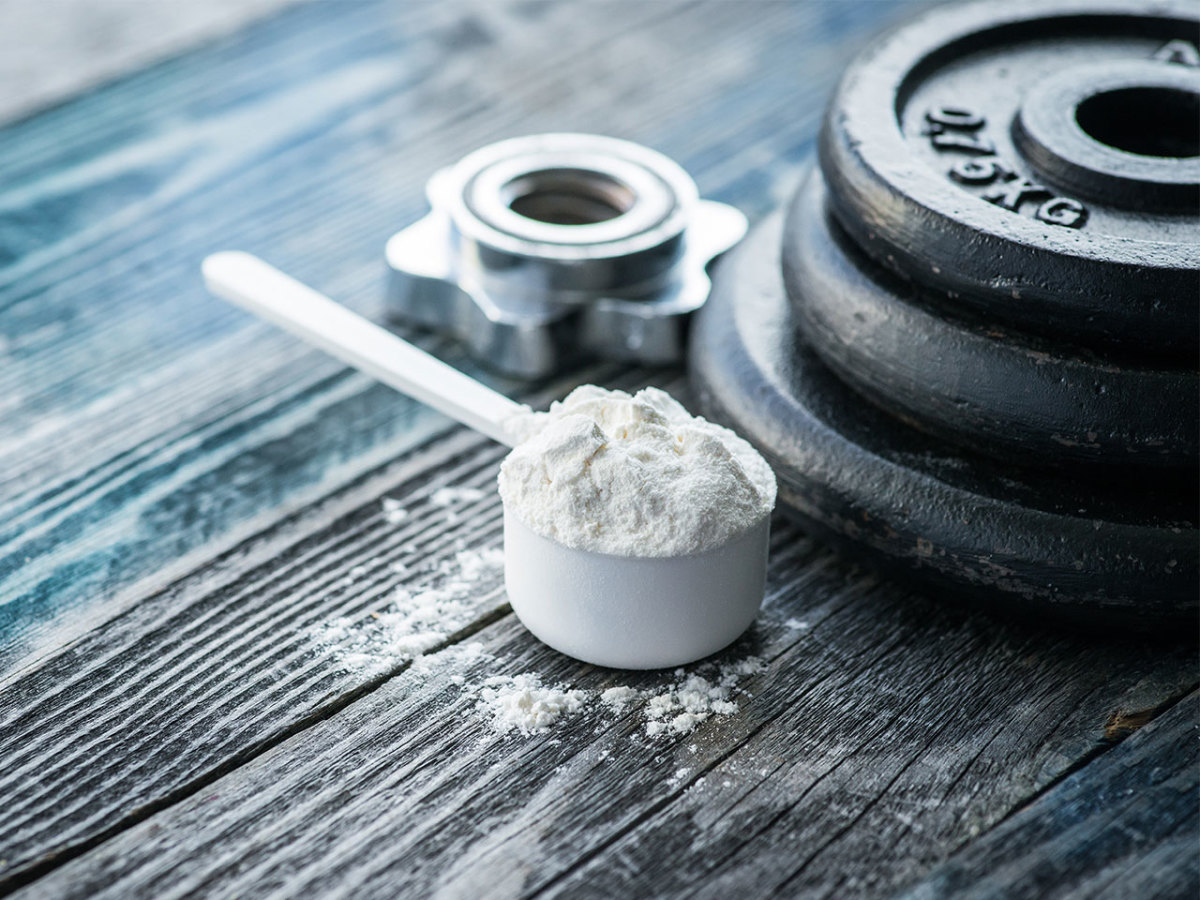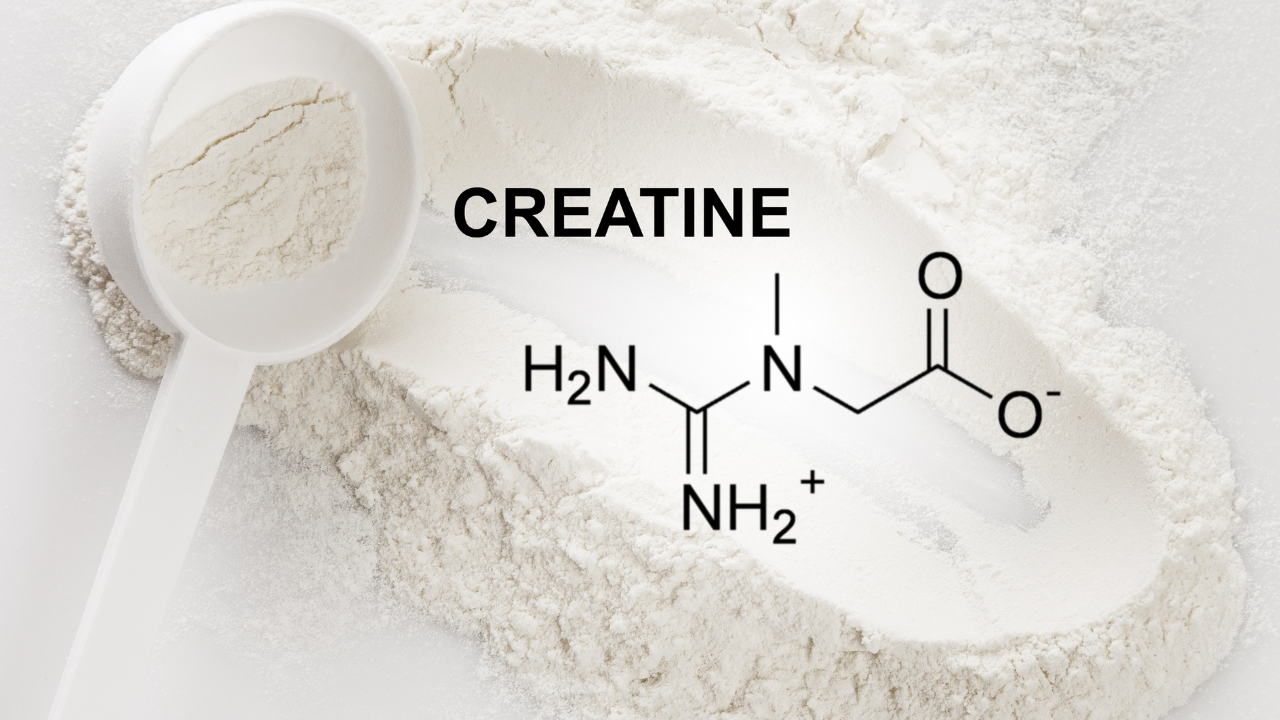Creatine HCL vs. Creatine Monohydrate: Which Creatine is Best?
Creatine is one of the most popular and researched supplements in the fitness industry, known for its ability to improve strength, endurance, and muscle recovery. However, with multiple forms available, such as Creatine Hydrochloride (HCL) and Creatine Monohydrate, it can be challenging to determine which is the best option. In this article, we compare the two to help you make an informed decision.
What is Creatine Monohydrate?
Creatine Monohydrate is the most common and widely studied form of creatine. It consists of a creatine molecule bonded with a water molecule and has been shown to enhance strength, increase muscle mass, and improve exercise performance.
Benefits of Creatine Monohydrate:
- Extensive Research: Backed by decades of scientific studies proving its effectiveness and safety.
- Cost-Effective: One of the most affordable creatine supplements available.
- High Efficacy: Proven to increase ATP production, leading to better performance and muscle gains.
- Well-Tolerated: Most users experience no adverse effects if taken at recommended doses.

What is Creatine HCL?
Creatine Hydrochloride (HCL) is a newer form of creatine that is bonded with hydrochloric acid. This formulation is intended to improve solubility and absorption, potentially reducing bloating and digestive discomfort associated with creatine monohydrate.
Benefits of Creatine HCL:
- Better Solubility: More water-soluble than creatine monohydrate, allowing for better absorption.
- Lower Dosage Required: Due to improved absorption, smaller doses may be effective.
- Reduced Water Retention: Less likely to cause bloating or water retention.
- Easier on Digestion: May be a better option for individuals who experience stomach discomfort with creatine monohydrate.

Key Differences and Which One to Choose
| Factor | Creatine Monohydrate | Creatine HCL |
|---|---|---|
| Research | Extensive, well-documented, positive | Limited but very promising |
| Solubility | Lower, requires more water | Highly soluble |
| Dosage | Standard is 3-5g per day | Smaller doses, 1-2g per day |
| Water Retention | Possible slight retention | Minimal retention |
| Price | More affordable | Typically more expensive |
| Digestibility | May cause bloating in some consumers | Generally easier on the stomach |
Final Verdict: Which is Best?
Both forms of creatine are effective, but the best choice depends on individual needs. If you’re looking for a well-researched, affordable option with proven benefits, Creatine Monohydrate is the way to go. However, if you experience bloating or stomach discomfort with monohydrate, Creatine HCL may be a better alternative due to its superior solubility and absorption.
Ultimately, both forms can help enhance performance and muscle growth, so choosing the right one comes down to personal preference and tolerance. Whichever you choose, consistency in supplementation and proper hydration are key to maximizing creatine’s benefits.
References:
Ready to Partner with a Manufacturer That Cares?
At Organic Supplement Manufacturing, our commitment to personalized service and clear communication sets us apart. If you’re looking for a partner who truly cares about your success, we’re here to help you create high-quality gummies that make an impact.
Contact Us Today!
